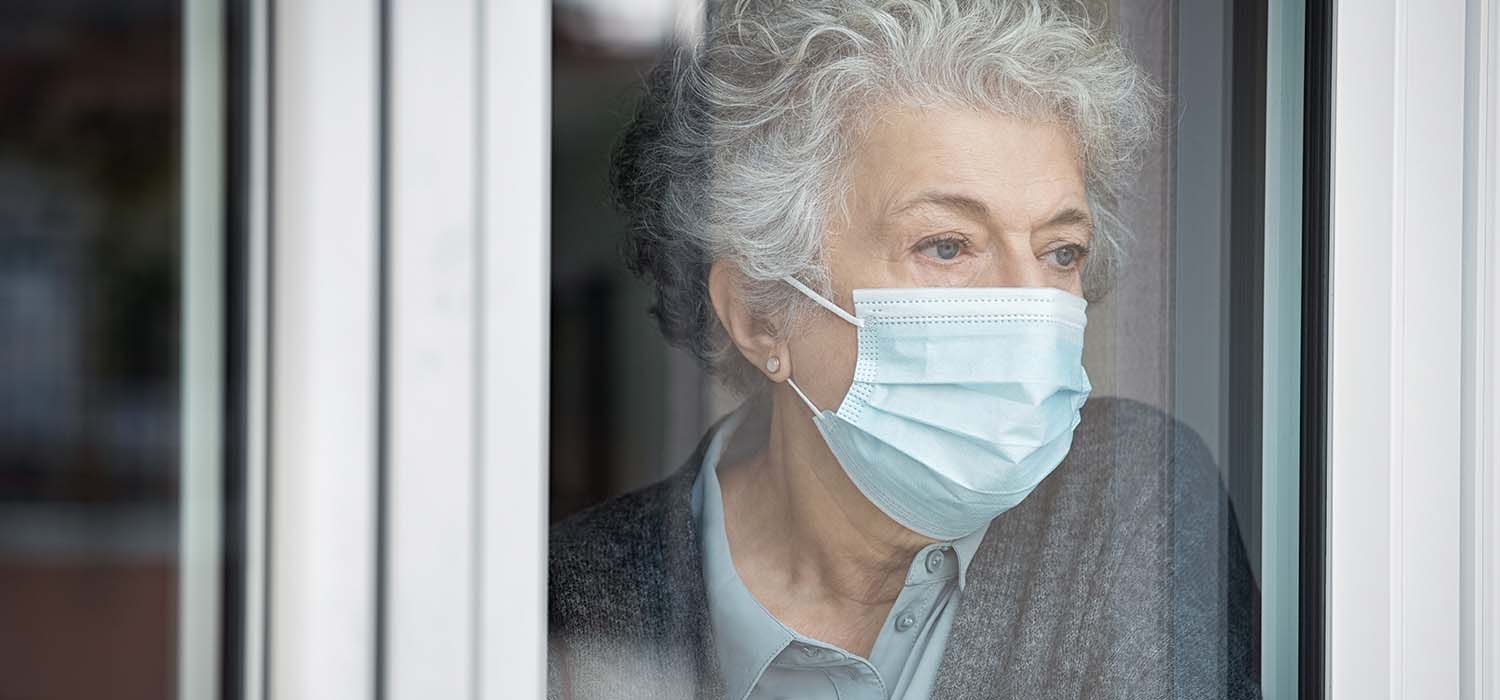The number of Australians seeking out alcohol support services is climbing, according to a new report released today by the Foundation for Alcohol Research and Education (FARE).
The report, Alcohol use and harms during the COVID-19 pandemic, monitored emerging evidence in Australia during the COVID-19 pandemic (2020-21).
FARE Policy and Research Director, Mr Luke Hutchins, said that the pandemic has significantly disrupted the health and wellbeing of Australians, with stress, anxiety and depression contributing to alcohol problems.
“Last year, Australians made over 25,000 calls to the National Alcohol and Other Drug (AOD) Hotline – triple the numbers seen pre-pandemic in 2019.
We know many of these people are calling due to an alcohol problem. Alcohol is the most common drug that people seek treatment for, accounting for a third of all AOD treatment in Australia.”
With Australia now well into the third year of this pandemic, there is clear evidence of the growing harms of alcohol. The report found:
- High levels of stress and anxiety, as well as boredom and isolation, have been identified as key drivers of risky alcohol use during the pandemic
- Studies have also found childcare pressures and employment instability were drivers of increased alcohol use
- Increases in alcohol-related deaths and soaring demand for support services.
Mr Hutchins said the data raises severe concerns about the health and wellbeing of Australians, with evidence showing that the psychological impacts of COVID-19 have been linked to an increase in people drinking alcohol at risky levels.
Professor Dan Lubman AM, Executive Clinical Director of Australia’s leading addiction treatment, research, and education centre Turning Point, said that the demand we are seeing for AOD services is just the tip of the iceberg.
“Treatment services are doing their best with limited resources, but we know half a million Australians who need help for addiction can’t access the treatment they need and deserve.”
“Detox beds have reduced capacity as a result of COVID restrictions. Wait lists for assessment, counselling and rehabilitation just keep growing,” Professor Lubman said.
“We are seeing an increase in the number and severity and presentations, but we know this is the tip of the iceberg. The increased use of alcohol we have seen since the pandemic began is further compounded by the impact of natural disasters, such as the recent fires and floods, as well concerns related to cost of living pressures and financial insecurity.
“More people drinking more often means more people needing treatment and support down the line. It’s concerning because we can’t even keep up with those who need treatment right now.
“The demand for help will not go away just because restrictions have eased. The effects of the pandemic have been felt deeply at all levels of our community and will continue to be felt for years to come.”
Mr Hutchins encouraged anyone concerned about their drinking to reach out to support services.
“There are a range of online, phone and face-to-face support services that people can reach out to if they are concerned about their alcohol use or that of someone in their lives,” Mr Hutchins said.
Support is available by calling the National Alcohol and Other Drug hotline (1800 250 015) and online support sites Counselling Online, Daybreak, Drinksmeter and Bushtribe.
More support services are available at www.fare.org.au/resources/support/







